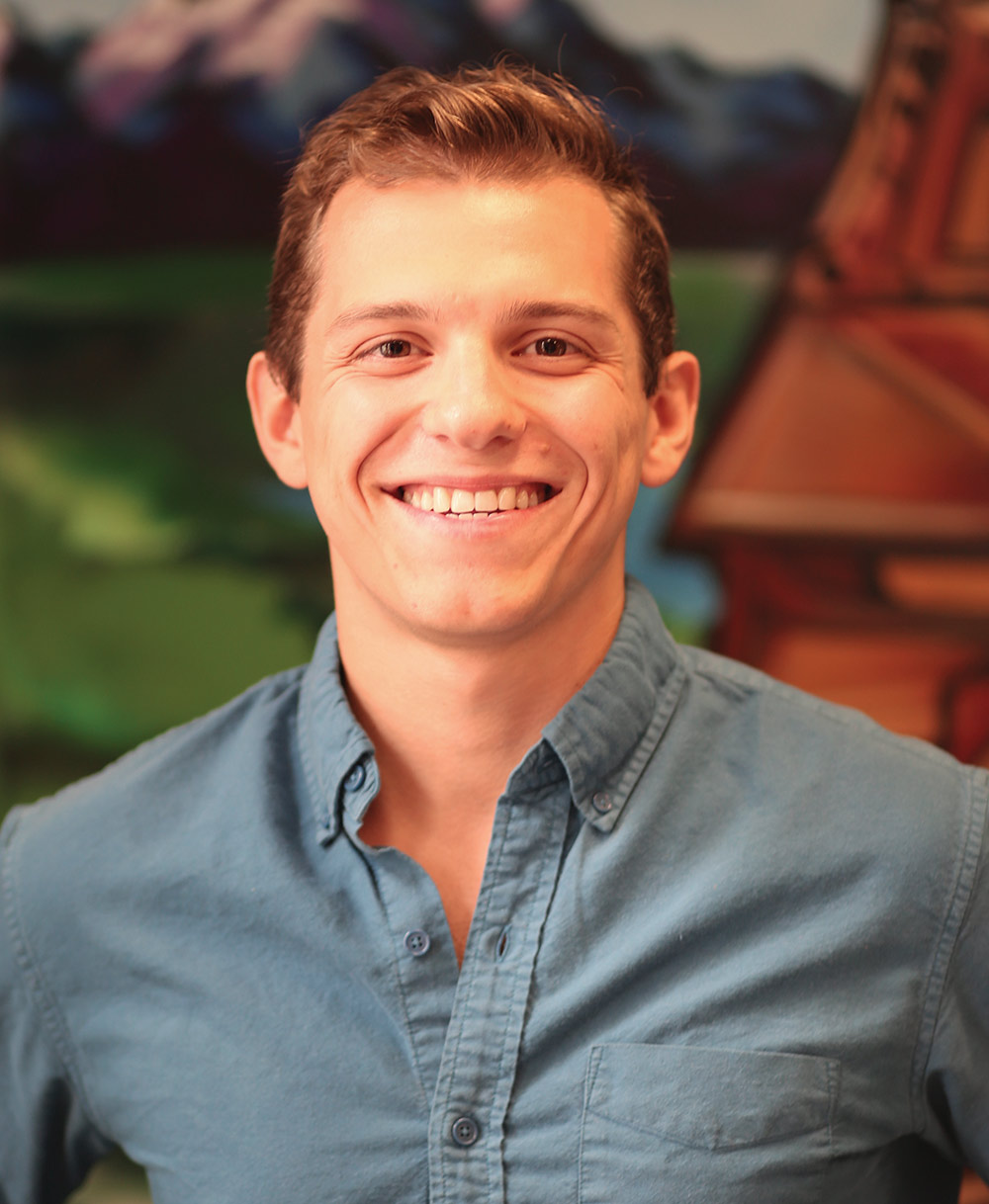Two years ago, Peter Puleo ’17 accepted a dream opportunity — a product-design internship in Seattle. But 10 months in, Puleo yearned for something more — a place where his efforts would not result in just another commercial product.
“I realized that while I loved the engineering, I still wasn’t engaging in truly impactful design work,” says Puleo. “I took the opportunity to really challenge myself and look for work in the developing world.”
He ultimately homed in on Africa and now lives in a small town near Nairobi, Kenya, serving a yearlong fellowship with BURN, a company that produces efficient, clean-burning cookstoves.
The majority of Kenyans cook over “jikos,” traditional stoves that, while cheap, rapidly burn through firewood and charcoal and generate harmful emissions. These low-efficiency stoves result in high rates of deforestation and debilitating health effects from daily smoke inhalation.

BURN’s stoves, called “jikokoas,” or “life-saving stoves,” dramatically decrease smoke exhaust, use far less fuel and only cost $40. But even that, says Puleo, is beyond the means of most Kenyans.
Puleo has worked to re-engineer the jikokoa to perform just as well at half the price. “The goal is to produce a stove that is so low cost and so efficient that it becomes accessible on a mass-market scale, not just to East African markets but to many of the 3 billion people that currently rely on traditional fuels,” he says.
To make the jikokoa more affordable, Puleo relies on the product-design skills learned through his Bucknell double major in mechanical engineering and management.
While he was active both in and out of the classroom — co-founding TEDxBucknell University and the Entrepreneurship & Innovation affinity house, as well as playing club rugby — his experiences in Kenya have challenged him in new ways.
Says Puleo, “The combination of humanitarian impact and engineering challenge, even on a low-tech product, is incredibly rewarding.”